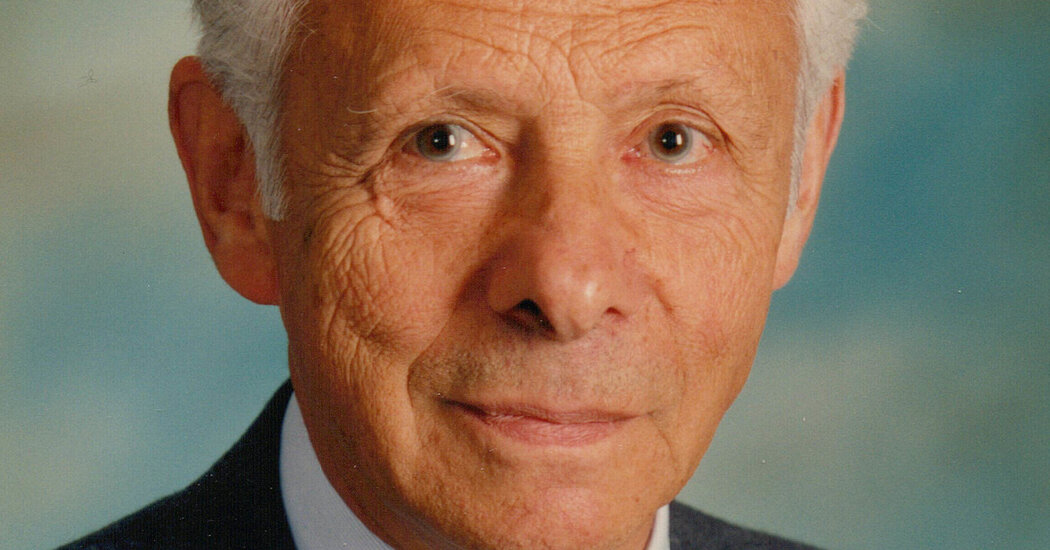His groundbreaking research, which he performed with Yvonne Barr, his doctoral student, uncovered the first virus capable of causing cancer in humans.
In March 1961, Dr. Anthony Epstein, a pathologist at Middlesex Hospital in London, almost skipped a visiting physician’s afternoon lecture about children with exceptionally large facial tumors in Uganda.
The physician, Dr. Denis Burkitt, a native of Ireland who called himself a bush surgeon, showed slides of bulbous tumors that emerged along the jawline and occurred in tropical African regions where rainfall was high. During his lecture, Dr. Burkitt mapped a veritable pediatric cancer belt that extended across equatorial Africa.
Despite Dr. Epstein’s initial reluctance to attend the talk — he sat in the rear so he could make a quick escape — his excitement grew the longer Dr. Burkitt spoke. By the time the lecture was over, he knew that he would drop all of his ongoing projects to find the cause of that unusual malignancy. His doctoral student, Yvonne Barr, soon joined him and, by 1964, their groundbreaking research had uncovered the first virus capable of causing cancer in humans.
He rocked the scientific world with the announcement. Some physicians and scientists applauded the discovery; others refused to accept it.
Dr. Epstein died on Feb. 6 at his home in London. He was 102. His death was confirmed by the University of Bristol, where he was a professor of pathology from 1968 to 1985, and where he had served as the head of the department for 15 years.
The pathogen that came to bear his and Dr. Barr’s names — Epstein-Barr virus — belongs to the herpes family and is one of the most ubiquitous on the planet. An estimated 90 percent of the world’s adult population carries the virus, which is also known as E.B.V.
